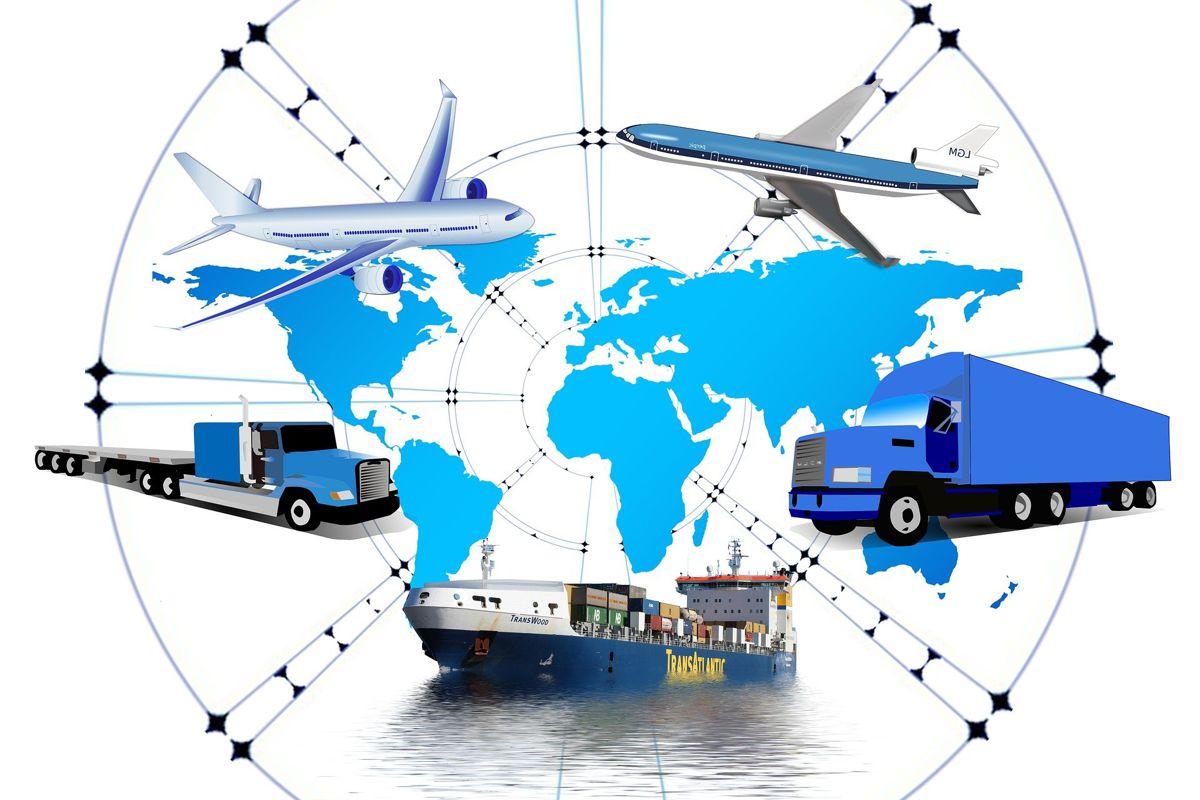Digital LTL Council launches Industry Standards for New Electronic Bill of Lading
The Digital LTL Council today announced the availability of standardized electronic bill of lading (eBOL) attributes available via an API. Replacing paper bills of lading with a digital alternative increases visibility and reduces opportunity for human input error across the LTL shipment lifecycle, from shipper to carrier and throughout the last mile to the customer.
Companies wanting to achieve the electronic bill of lading API standard may access the approved eBOL API from the Digital LTL Council website. The Gold Copy bill of lading API features:
- Access to YAML file
- Request/response examples
- Field names and definitions
- Required fields
- Request/response schemas
- Standardized enumerations
The LTL industry has started the journey toward full digitalization beginning with investments in collaboration and technology. According to the Digital LTL Council, digitalization can save organizations up to 2% of freight under management (FUM), saving the industry up to $1.2 billion. The Digital LTL Council recognizes that input from the industry is critical, and they expect to iterate on the standards moving forward.
“We believe that digitalization will have a huge positive impact on our industry and are excited to work with both our carrier partners and our shippers to adopt this new electronic bill of lading format to streamline our operations while increasing visibility for the companies we work with across the supply chain,” said Dolly Wagner-Wilkins, CTO at Worldwide Express.
Today, the Digital LTL Council is comprised of 29 member companies representing leading less-than-truckload (LTL) capacity providers, logistics service providers (LSP), shippers and technology providers.
“The Digital LTL Council exists to tackle the common challenges that plague organizations across the supply chain,” said Christian Piller, Digital LTL Council member and vice president at project44. “By establishing standards for an electronic bill of lading the Digital LTL Council is fostering scalable automation within the industry and easing common pains for shippers, LSPs and carriers alike.”





























